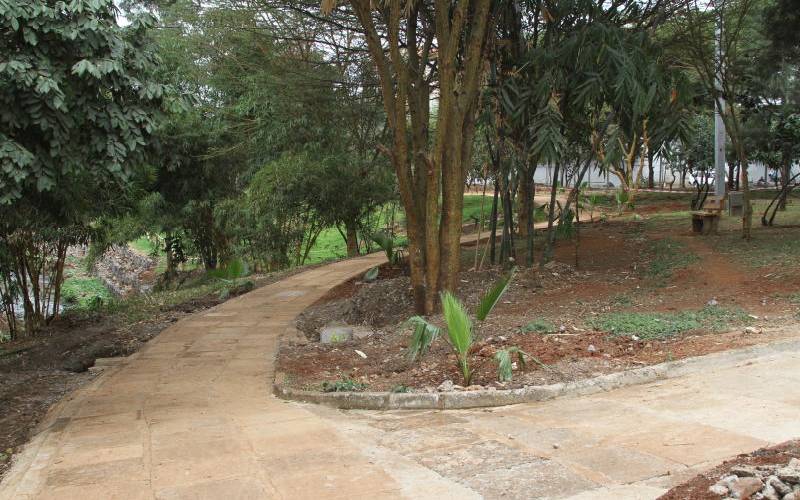×
The Standard e-Paper
Smart Minds Choose Us

When you cross the recently-paved road and into John Michuki Memorial Park, you leave the city behind and are transported into an alternate Nairobi. A Nairobi that aspires to regain its glory as the green city in the sun.
The buildings on Kijabe Street, with their vehicles parked outside and the shops selling bathroom fittings and books, give way to the lush greens of the recently-reclaimed park.